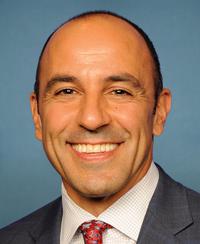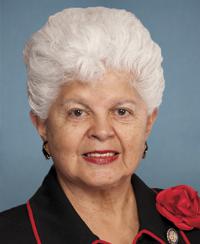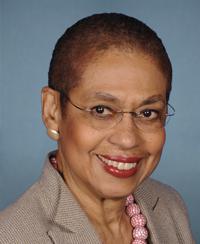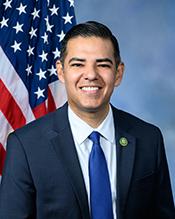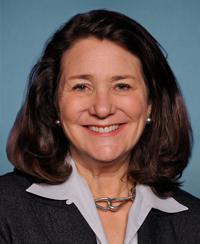0
Marriage Equality for Disabled Adults Act
1/10/2025, 9:56 PM
Summary of Bill HR 6640
The bill aims to address the barriers that disabled adults often face when it comes to getting married, such as restrictions on their ability to enter into contracts or make decisions about their own lives. By ensuring that disabled adults have the same legal rights as non-disabled adults, the bill seeks to promote equality and autonomy for all individuals, regardless of their disability status.
If passed, the Marriage Equality for Disabled Adults Act would have a significant impact on the lives of disabled adults across the country. It would help to ensure that they are able to make decisions about their own lives and relationships, without facing discrimination or barriers based on their disability. Overall, the Marriage Equality for Disabled Adults Act is an important piece of legislation that seeks to promote equality and autonomy for disabled adults in the United States. It is currently being considered by Congress and has the potential to have a positive impact on the lives of many individuals.
Congressional Summary of HR 6640
Marriage Equality for Disabled Adults Act
This bill eliminates certain marriage-related criteria for individuals entitled to Social Security child’s benefits and Supplemental Security Income (SSI).
Specifically, the bill removes the requirement that individuals receiving Social Security child’s benefits be unmarried. Those eligible for Social Security child’s benefits generally include the minor children of eligible or deceased workers and disabled adult children (the disabled adult children of such workers for whom the onset of disability occurred before age 22). Under current law, child beneficiaries generally lose their benefits upon marriage to an individual who is not also eligible for Social Security benefits.
With respect to SSI, the bill removes the requirement that couples who present themselves as married in their community be considered married for purposes of SSI eligibility. The bill also exempts SSI recipients who are disabled adult children, or who marry disabled adult children, from the general requirement that the income or resources of an SSI recipient’s spouse be considered in an eligibility determination.
Further, married disabled adult children and their spouses who would otherwise be eligible for Medicaid in a state if they were unmarried must remain eligible for Medicaid regardless of their marriage.
